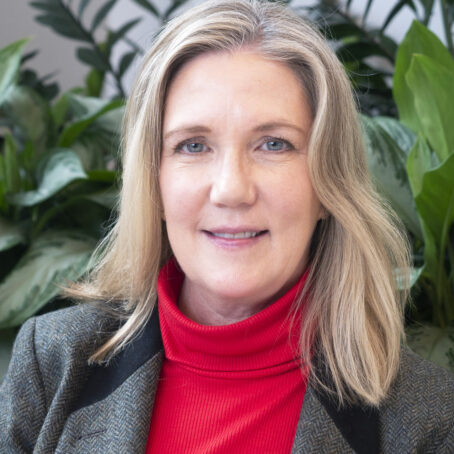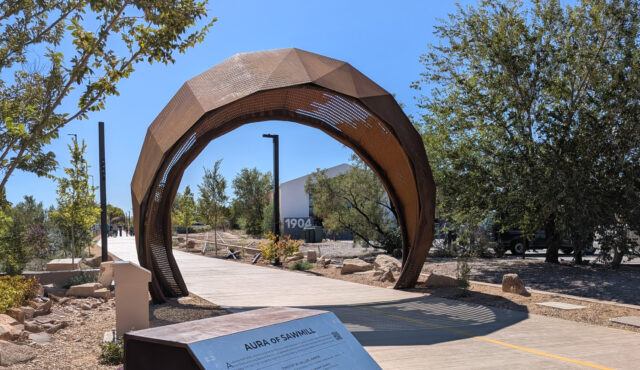There is a lot of distressing news in the world today—including yesterday’s unspeakable murder of innocent children in Uvalde, TX. From my point of view, we have two choices: We can either act, or we can sit on the sidelines because we think these things don’t impact us directly. How we respond to these events will determine how we are remembered in the years to come.
Today is also the second anniversary of the murder of George Floyd. The immense weight of systemic racism that led up to his death is still overwhelming—as is the challenge we face in lifting the burden of injustice that is so deeply rooted in our society. In the face of such an immense challenge, it is hard to know where to start and what to say or do that has any meaning.
Nevertheless, one year ago, I challenged my company and our industry to maintain our sense of urgency about effecting change. I often think of this quote from Elie Wiesel, prolific writer and Holocaust survivor who famously said, “The opposite of love is not hate, it is indifference.” Our outstanding DEI Task Force responded to the challenge by identifying meaningful actions we could take, that were entirely within our control, to move us further and faster along the path toward a more inclusive company and more just society.
One of the key actions was rethinking the way we recruit, hire, and keep staff so that we have people at all levels of the company and across all areas of our work with a more diverse range of lived experiences and backgrounds. We have always had a much higher percentage of women in all roles than the industry norm—but we were still a homogeneous, straight, white, and able-bodied group of people. We set ourselves a measurable target to build a workforce that includes diverse perspectives at all levels of the company, with over 50% of our staff representing diverse perspectives (specifically ethnicity and race) by 2030. Even more important than the numbers, we rededicated our efforts to be an inclusive, welcoming place of work where people can thrive and be their true selves.
The good news is that we have been able to move the needle towards this goal—although we are clearly not done yet. Compared to our makeup in 2018, we have doubled our percentage of people of color on staff from 15% to 30% while growing overall by more than a third. We’ve made much of that progress in the past year. Importantly, this growth includes BIPOC staff at all levels, from interns to senior leadership. These talented individuals are helping us to bring broad perspectives to the work we do and to better serve communities with more creative, appropriate, and successful solutions.
While we are proud of these numbers, I only share them with you today because they show that we can make a difference when we consciously choose to work towards different outcomes and to show—in real and measurable ways—that we are NOT indifferent to the racism that led to George Floyd’s death and so many others down through the ages.
I want to issue a call to action to folks who are in leadership, both within our industry and outside: We cannot and should not sit on the sidelines while the events of the world unfold. We have a moral and ethical responsibility to think about the things that are within our control—things we can do to combat racial injustice, gun violence, and other problems—and act on them. We need to set real, measurable goals, and hold ourselves accountable. We need to be willing to make mistakes. We need to own up to our mistakes and resolve to do better next time.
Through our own example, in the things we choose to focus on every day, we need to show love—not indifference.



